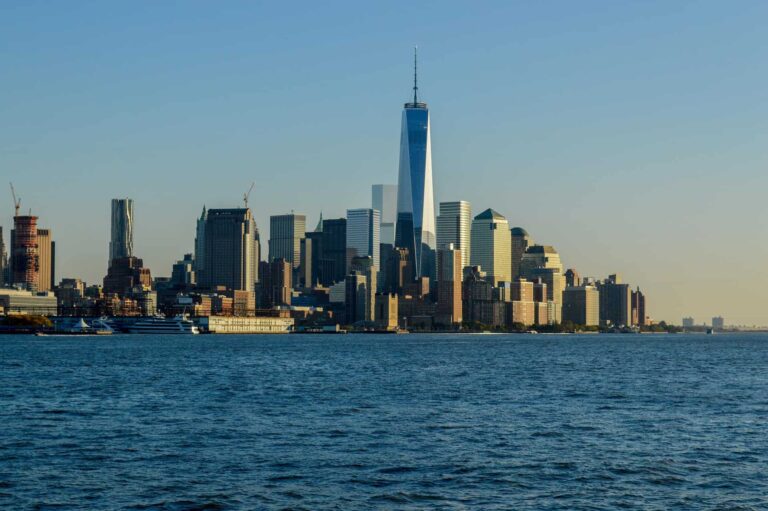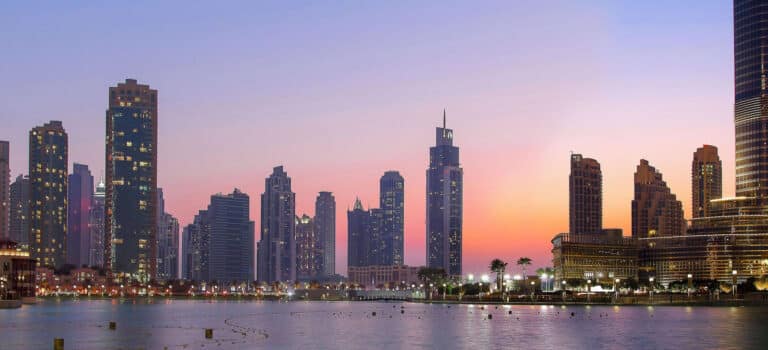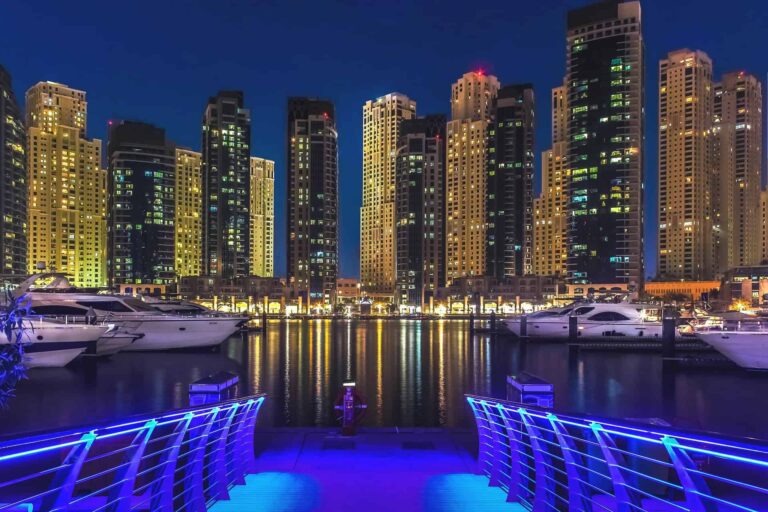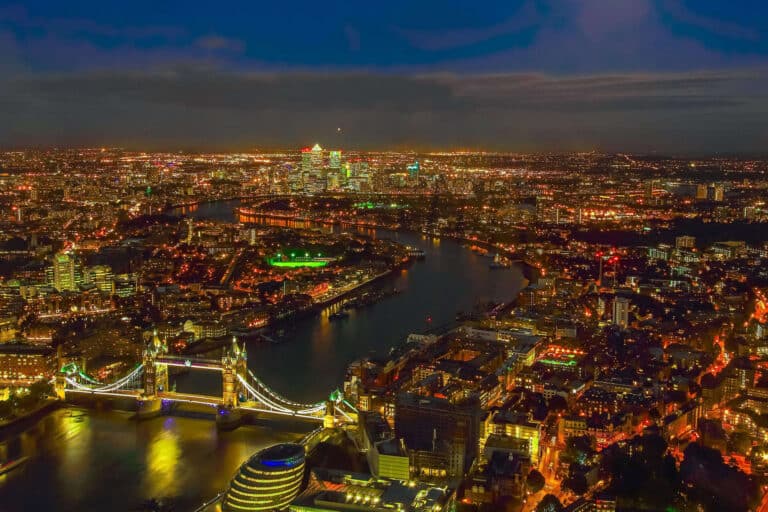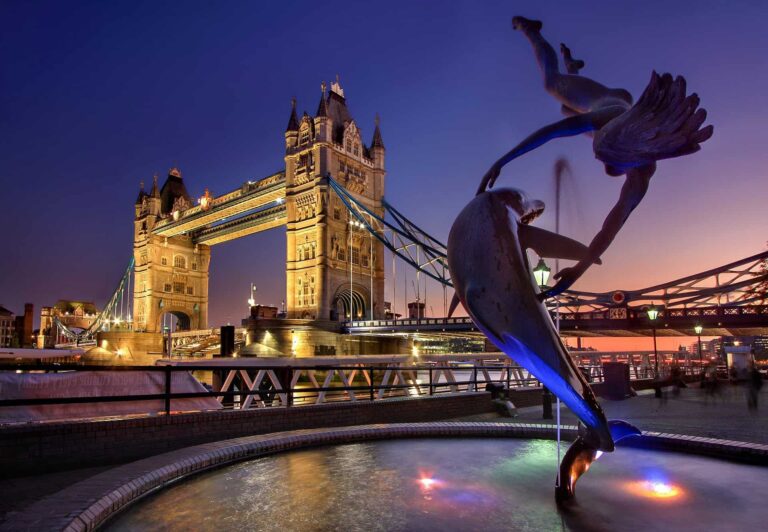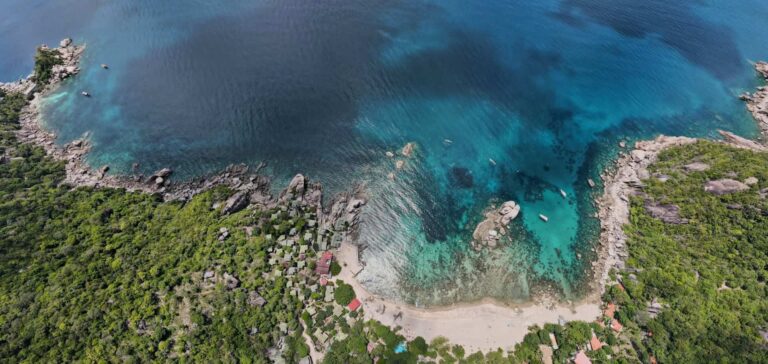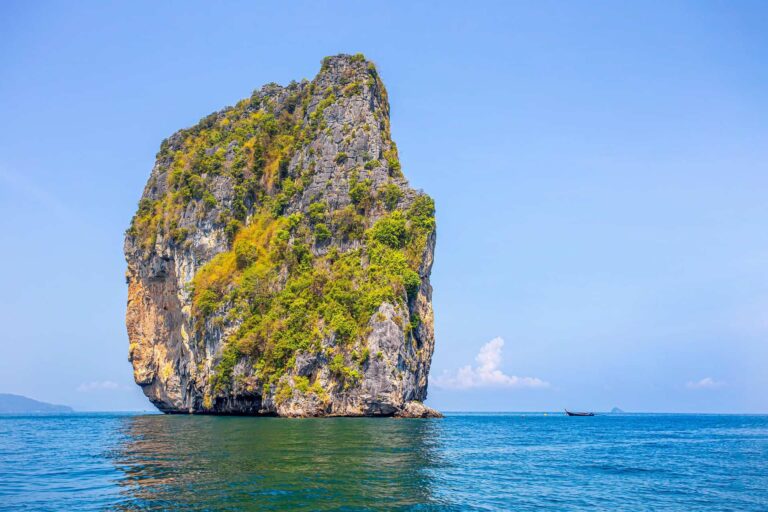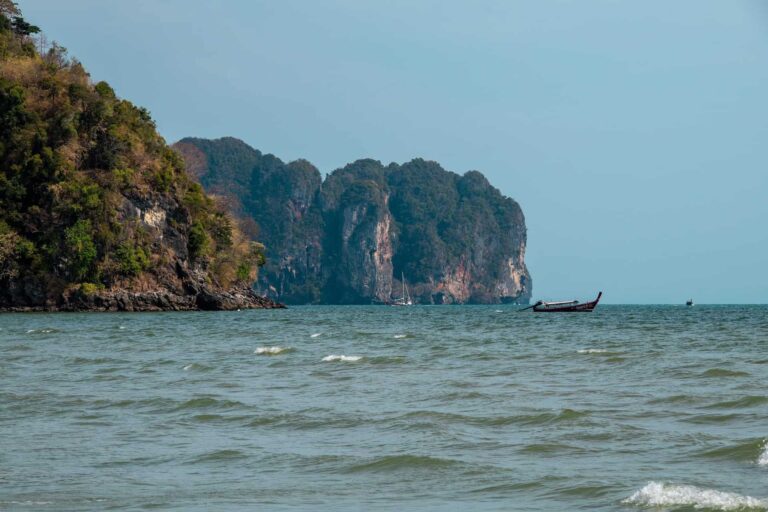New York is one of the busiest, most exciting cities in the world. From Broadway lights to Central Park strolls, it’s a place that never sleeps. But even in the city that has it all, getting sick can put a damper on your trip.
Don’t worry — this guide covers everything you need to know if you get sick in New York. From how the healthcare system works to where to find English-speaking doctors, emergency contacts, insurance tips, and more, we’ve got you covered.
Understanding New York’s Healthcare System
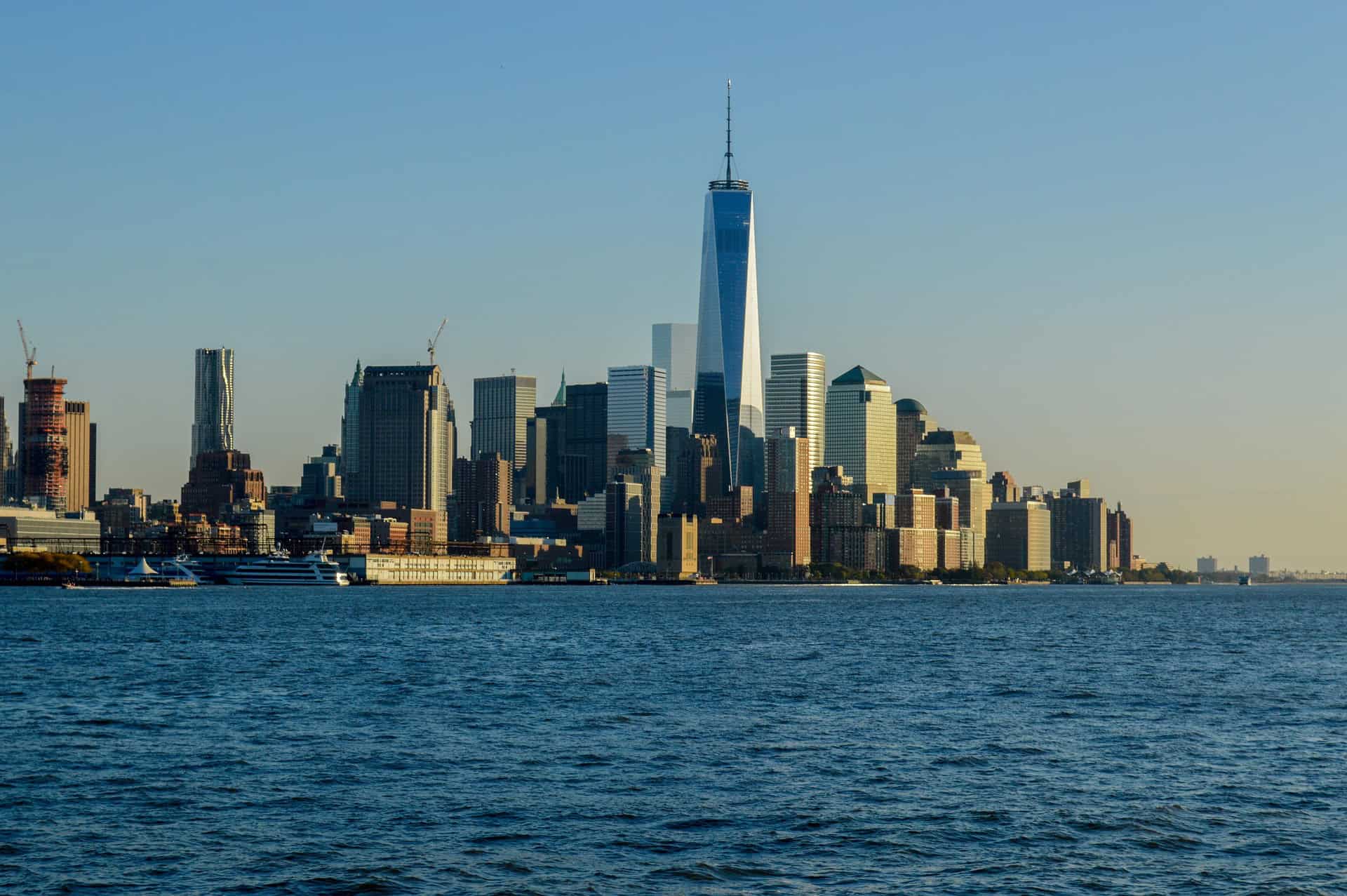
Healthcare in the U.S. can be complicated and expensive, especially for visitors.
Private vs. Public Healthcare
- Public hospitals in New York provide excellent care, but the system is primarily designed for residents, not tourists. Costs can still be high if you don’t have insurance.
- Private clinics and hospitals are where most tourists go. They’re faster, have English-speaking staff, and often work directly with insurers. But appointments and treatments can be costly without coverage.
Emergency Medical Care
Let’s look at emergency medical care in New York.
Essential Emergency Numbers
- 911 – For all emergencies (ambulance, fire, police).
How to Call an Ambulance in New York
Dial 911. Ambulances are quick and reliable, but be aware that rides and emergency room visits are expensive for tourists without insurance.
When to Go to a Hospital vs. Urgent Care
- Hospital: For serious emergencies like broken bones, chest pain, or severe illness.
- Urgent care clinic: For non-life-threatening issues such as flu, stomach bugs, minor cuts, or sprains.
Pharmacies & Medication: What You Need to Know
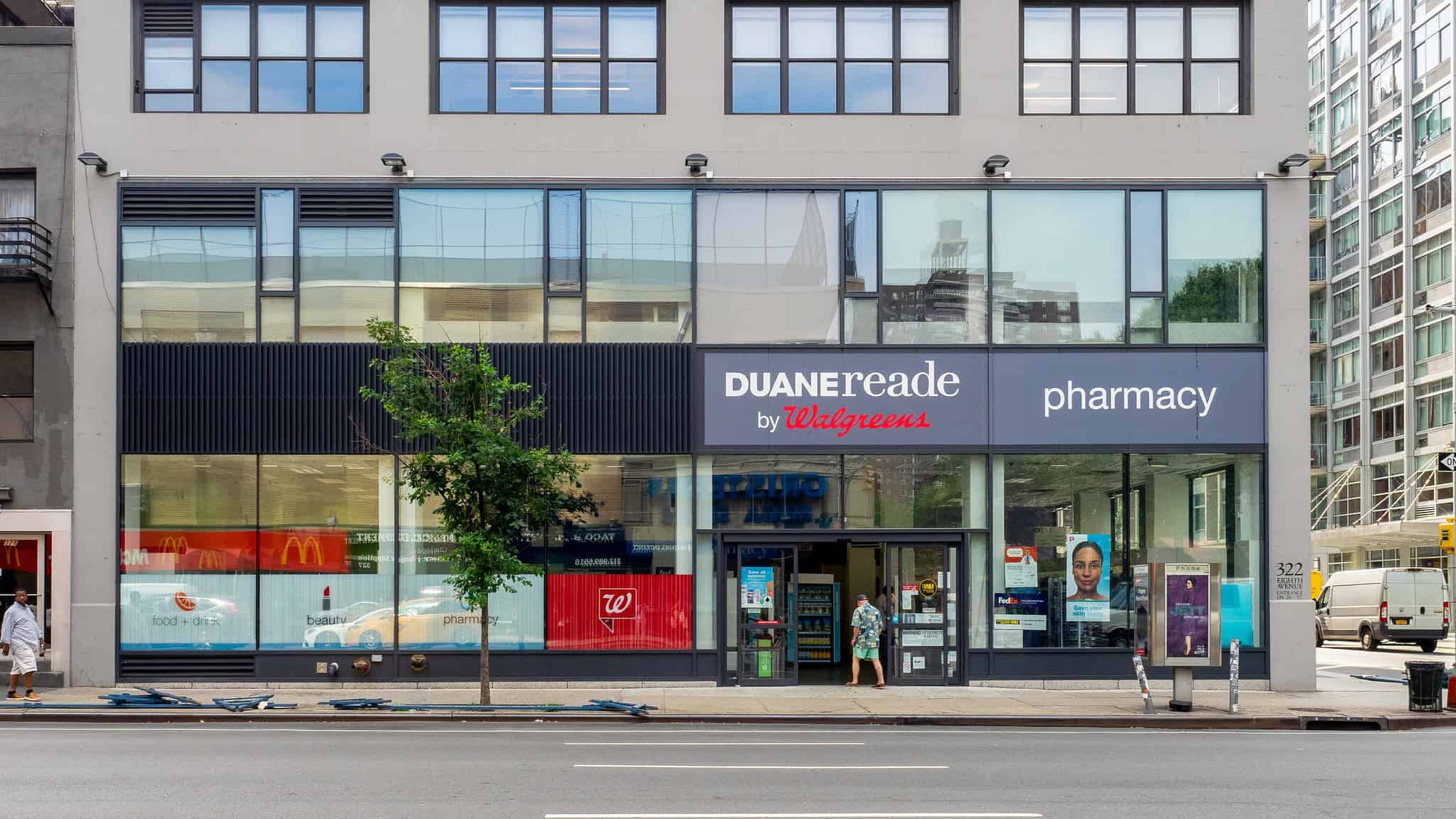
Pharmacies (often called drugstores) are easy to find. Popular chains include CVS, Walgreens, and Duane Reade.
- Over-the-counter medicines like painkillers, allergy tablets, and cold medicine are available without a doctor’s note.
- For stronger medication, you’ll need to see a doctor first.
- Many pharmacies in New York are open 24/7, especially in Manhattan.
What to Do if You’ve Got Travel Insurance
U.S. healthcare costs are famously high, but travel insurance helps ease the stress.
Documents You’ll Need for a Claim
- Your passport
- Insurance policy details
- Doctor’s note or medical report
- Receipts for treatment and medication
Always double-check with your insurer to know exactly what’s covered.
Language Barriers
The good news: English is the primary language in New York, so communication isn’t usually an issue. However, if English isn’t your first language, many hospitals and clinics provide interpretation services.
How to Avoid Getting Sick in New York
Here’s what you need to know to avoid getting sick in New York.
Common Traveler Illnesses
- Seasonal flu and colds (especially in winter).
- Stomach upset from new foods or fast food.
- Dehydration or exhaustion from walking and sightseeing.
Is the Tap Water Safe?
Yes! New York City tap water is safe to drink and is considered some of the cleanest in the U.S.
Food Safety & Hygiene Tips
- Eat at busy, reputable restaurants or food trucks.
- Wash hands or use sanitizer often, especially on the subway.
- Stay hydrated and pace yourself when sightseeing.
Healthcare Tips for Pregnant Travelers & Those with Pre-Existing Conditions
If you’re pregnant or have a medical condition, make a plan before you travel. New York has excellent private specialists, but appointments can be costly. Always bring your medical records, insurance info, and enough medication for your trip.
Finding an English-Speaking Doctor in New York
Even in an English-speaking city, it can feel overwhelming figuring out where to go when you’re not well. With Air Doctor, you can connect with English-speaking doctors in New York quickly, book appointments on demand, and get receipts for your travel insurance.
Getting Help Beyond Healthcare
Embassies in New York can:
- Help you replace lost medication.
- Provide lists of trusted hospitals and clinics.
- Contact family or insurers in an emergency.
Recap
If you get sick in New York:
- Call 911 for emergencies.
- Choose urgent care clinics for minor issues.
- Use CVS, Walgreens, or Duane Reade for pharmacies.
- Keep insurance documents handy for claims.
- Stay hydrated, pace yourself, and use Air Doctor to connect with trusted doctors.
About Air Doctor
With the Air Doctor app in your pocket, you can access medical care and receive expert medical guidance anywhere you travel.
Air Doctor offers a wide range of benefits, including:
- A global network of over 20,000 multi-lingual doctors and specialists
- Choice of clinic, at-home (hotel), and video consultations
- Healthcare access in 90 countries
- 24/7 multi-lingual support
- Transparent pricing and reviews
- Most common medical specialties, including GPs, gynecologists, and ENT specialists
FAQs
Yes, tourists can see both private and public doctors, though private clinics are faster and easier.
No, healthcare in the U.S. is not free. Tourists must pay unless covered by insurance.
Yes, ambulance rides can be very expensive in the U.S., often costing hundreds to thousands of dollars. Travel insurance usually covers this.


